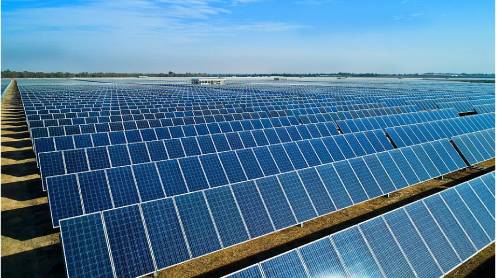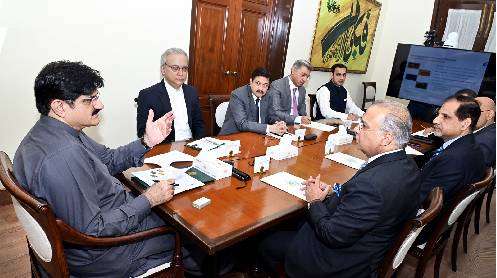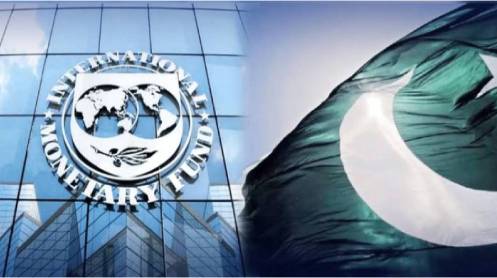KARACHI: Pakistan’s energy landscape is undergoing a dramatic transformation, with an estimated 33 gigawatts (GW) of solar photovoltaic (PV) capacity already installed nationwide, according to a new study unveiled by the Policy Research Institute for Equitable Development (PRIED) in collaboration with Transition Zero, a London-based energy-transition think tank.
The study, titled “Shouting from the Rooftops: Mapping Pakistan’s Solar Power Revolution,” was launched at a high-level event attended by researchers, civil society representatives, parliamentarians, and government officials. Participants agreed that the country is witnessing an unprecedented solarisation of its energy sector, though the trend requires effective management to ensure equity and sustainability.
Speakers highlighted that while solar adoption has expanded electricity access across Pakistan, it has also exposed gaps in energy equity, as poorer and marginalised communities remain unable to afford solar systems. They cautioned that widespread adoption — particularly through net metering — is creating new challenges for grid management and utility revenue models.
PRIED researcher Muqaddas Ashiq noted that residential and commercial sectors have shown exceptional growth in solar adoption, while poorer households remain largely excluded. Fellow researcher Rimsha Rehan said that small farmers in off-grid regions are leading solar adoption in agriculture, while industries are increasingly shifting to self-generated solar power — raising questions about the national grid’s future role.
Energy systems expert Manzoor Ahmed Alizai explained that the study combined satellite imagery analysis with on-ground surveys, both confirming a nationwide installed capacity of about 33GW. He added that Pakistan imported approximately 50GW worth of solar equipment from China in the past five years, valued at over $5 billion, though a significant portion remains in storage awaiting installation.
Lawmakers at the event endorsed the study’s findings and called for evidence-based policy responses. MNA Danyal Chaudhry of the PML-N said his party remained committed to supporting solar energy expansion, noting that they resisted IMF pressure to impose an 18% sales tax on solar panels. MNA Sher Ali Arbab urged greater focus on equitable solar access, consumer protection from substandard panels, and skill development for local technicians.
In her closing remarks, Minister of State for Climate Change Dr. Shazra Mansab Ali said Pakistan’s solarisation is being driven by “people, technology, and policy.” She reaffirmed the government’s commitment to creating a supportive policy environment that ensures Pakistan’s clean energy transition continues smoothly and inclusively.







